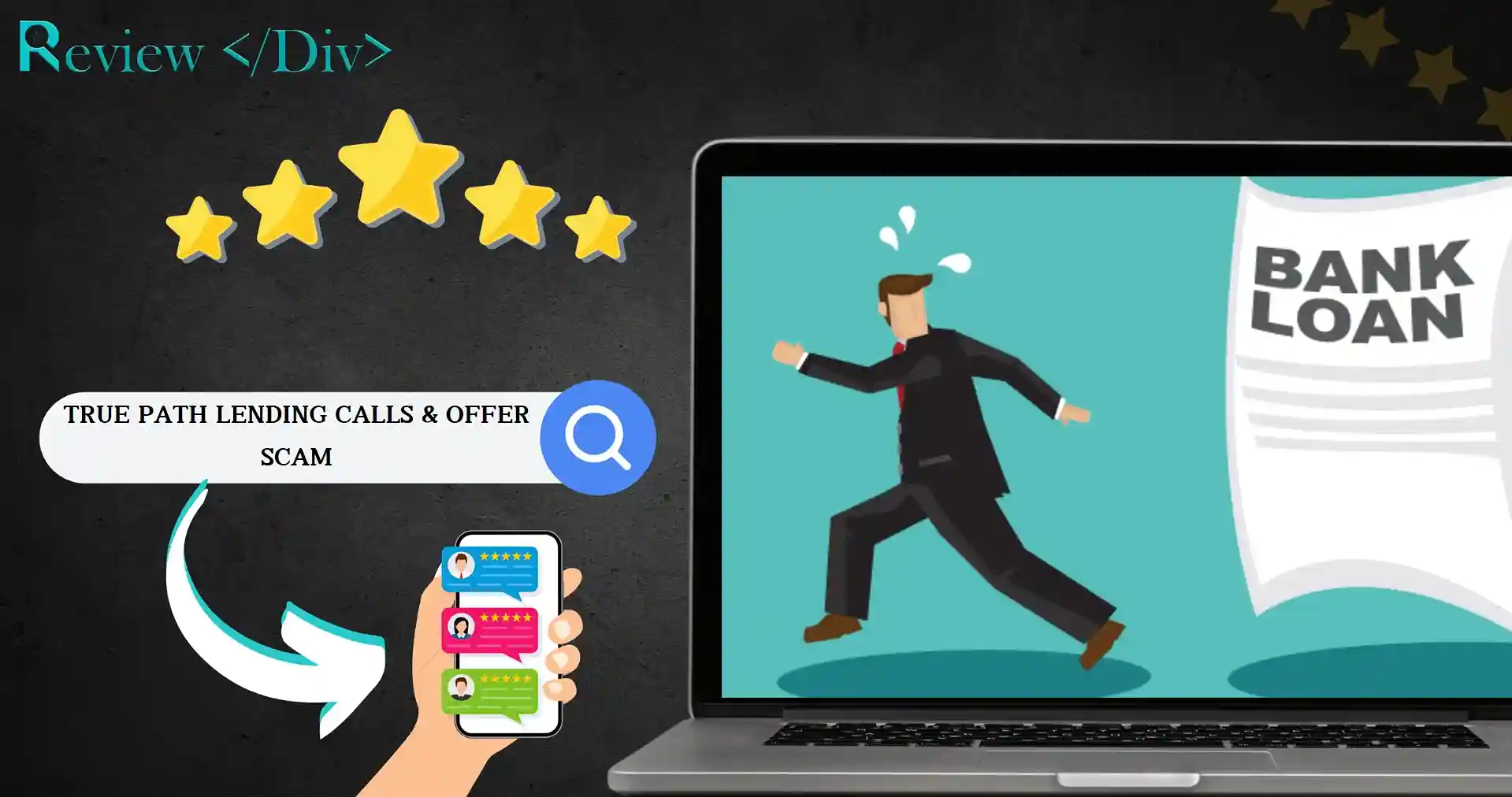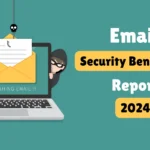In today’s age, financial scams are becoming more common, targeting people looking for loans and financial help. One such scheme is the True Path Lending Calls & Offer, which is a loan provider.
This article explores the True Path Lending Calls & Offer works, and its tactics, and lets you know whether it is a legitimate or a scam.
What is True Path Lending Calls & Offer?
True Path Lending is a financial services company that offers various lending solutions, including mortgages, refinancing, and possibly other types of loans.
“True Path Lending Calls & Offer” refers to phone calls and offers made by True Path Lending to customers, presenting them with loan options, refinancing deals, or other financial products.
Warning Signs Of True Path Lending Calls & Offer
Many users said that the offers and calls are legit but there are many concerns about the True Path Lending Calls & Offer. Here are some points to consider.
Voicemail Messages: If you receive pre-recorded messages that do not address you by name, it’s a sign that the calls are part of a mass outreach effort rather than personalized communication. Genuine lenders use your name and reference specific details about your inquiry.
Unexpected Loan Applications: Be careful if the calls or messages reference loan applications you did not submit. This can indicate that the lender is using deceptive tactics to create a sense of familiarity and trust.
Pressure to Act Quickly: Urgency is a common tactic used by scammers to prevent you from taking the time to research and think about the offer. They may insist that you need to respond immediately to secure the loan or offer.
Requests for Sensitive Information: If you are asked to provide personal information, such as your Social Security number, bank account details, or other sensitive data over the phone
How To Protect Yourself from Call Scams?
If you fall for the True Path Lending Calls & Offer Scam or similar scam, it’s important to take immediate action to reduce the damage and protect yourself from further harm. Here are the steps you should follow.
1. End Communication
Stop all interactions with the scammers. Do not provide any additional information or respond to their calls or messages.
2. Report the Scam
Report the incident to the Federal Trade Commission (FTC) through their website or by calling 1-877-FTC-HELP. Also, file a report with your local law enforcement agency. Providing detailed information about the scam can help authorities investigate.
3. Contact Your Bank and Credit Card Companies
Inform your bank and credit card companies about the scam. If you provided your bank account or credit card information to the scammers, request to close your accounts or place fraud alerts on them. Monitor your accounts closely for any unauthorized transactions.
4. Check Your Credit Reports
Check your credit reports for any suspicious activity or new accounts that you did not open. You can obtain free copies of your credit reports from the three major credit bureaus (Equifax, Experian, and TransUnion) through AnnualCreditReport.com.
5. Report Identity Theft
If you believe your personal information has been compromised, report the identity theft to the FTC at IdentityTheft.gov. This website provides a recovery plan and can help you take further steps to protect your identity.
FAQs
To stop a loan scam, immediately cease all communication with the scammers and report the incident to the Federal Trade Commission (FTC) and your local authorities. Also, alert your bank and credit card companies, and monitor your accounts and credit reports for any suspicious activity.
You might be receiving phone calls about loans due to your contact information being sold or shared with third-party marketers. These calls could be from legitimate companies or, in some cases, scams targeting individuals with loan offers. Always verify the legitimacy of such offers before sharing personal information.
To catch a loan scam, look out for red flags such as unsolicited offers, promises of large loans without a proper application process, demands for upfront fees, and requests for personal information before official verification.
Laura Kemmis is a passionate trendsetter and reviewer, dedicated to researching the latest scams and frauds while sharing her insights with the world. She provides valuable information to keep her audience aware and informed about the latest scams. Additionally, Laura discovers and analyzes trends in fashion, technology, and lifestyle, offering a fresh and honest perspective in her reviews.







